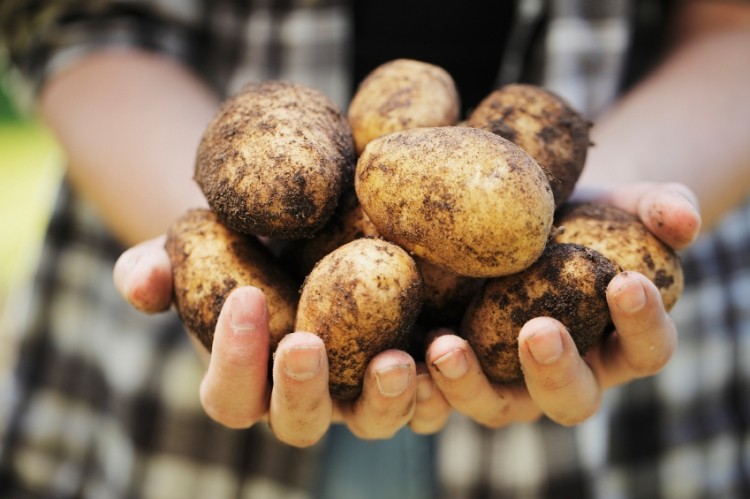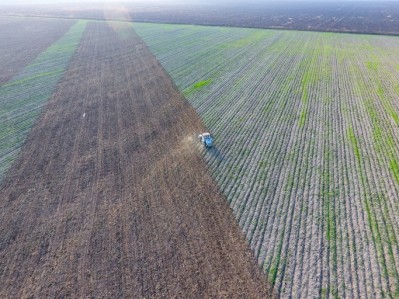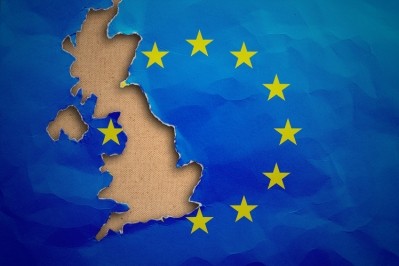EFRA seeks clarity for ag policy after Brexit

The Environment, Food and Rural Affairs (EFRA) Select Committee inquiry looked at the impact of leaving the Common Agricultural Policy (CAP).
The committee called on government to ring-fence funding for farming post-Brexit, provide more detail on new support measures for farmers and ensure environmental and welfare standards are maintained on products entering Britain.
Lack of detail in consultation
Once the UK leaves the EU, the government plans to implement a new system based on paying public money for public goods.
The committee warned that without adequate funding to police an independent inspection regime, any such system would be flawed from the start and an effective minimum baseline of regulation must be ensured.
It repeated the need to improve country of origin labelling following the UK’s departure from the EU and introduce mandatory method of production labelling.
The government published its agriculture consultation paper in February and results will inform the Agriculture Bill due later this year.
The committee said the paper was ‘in many ways unfinished’ and lacked detail on levels of future funding and the design of a future agricultural support system.
MPs added it lacks discussion of wider food policy and failed to link agricultural policy to wider public health goals and reducing diet-related diseases.
It recommend that government produce a farm productivity plan by May 2019.
Funding model support
Evidence from agricultural businesses indicates they will face significant impacts from the proposed withdrawal of direct payments with the level varying by sector, said the committee.
“There are likely to be particularly damaging effects on grazing livestock, cereal and mixed farms and the withdrawal of support and any subsequent closures of businesses could have wide reaching impacts on the rural economy and its communities.”
Neil Parish MP, chair of the committee, said a new funding model for agriculture is essential for future prosperity of UK farming.
“As we leave the EU we must ensure that we maintain our standards, and that those importing into the UK meet our high standards of production,” he said.
“The government should commit to funding the future agricultural policy using ring-fenced funds, consider new support mechanisms such as tax breaks and capital grant support, ensure that trade agreements demand that imported products meet our standards, and avoid a regulatory race to the bottom.”
Sustain’s farming campaign coordinator, Vicki Hird, welcomed recognition of the failure to consider wider food policy with public impact.
“There is plenty to like but without the detail and an adequate budget to ensure farming can deliver public outcomes and survive post-Brexit, we agree it is hard to tell if government can adequately safeguard the future for vital small and medium-sized farms and protect the farmed environment.
“MP’s have also noted the confusing and worrying messages on getting cheap food through global trade deals and we agree with their demand that trade deals must not undermine our farmers producing to higher environmental, food and animal welfare standards.”
CAP at EU level
The European Commission proposed new legislation related to the CAP earlier this month.
It received more than 320,000 replies during a consultation period last year.
Total CAP budget for 2021-27, adjusted for inflation, will be about €365bn versus the existing level (excluding the UK) of €382.5bn in 2014-20.
A report ahead of the plans being published said the EU has no consistent, coherent or complete food policy to deal with challenges and expectations.
It found the lack of an overarching framework means the food and farming system is neither ethical nor resilient enough to cope with future challenges and public health is not protected.
The University of Pisa research was commissioned by Friends of the Earth Europe, European Public Health Alliance, IFOAM EU and Slow Food.
Professor Gianluca Brunori of the University of Pisa said it assessed 10 EU policies to judge contribution to a sustainable food and farming system.
“Available evidence shows that there are many inconsistencies, incoherencies or gaps. These should be addressed through an overarching policy framework, able to balance a mix of demand and supply side policy instruments, as well as food environment-oriented ones.”
Stanka Becheva, from Friends of the Earth Europe, said there was an urgent need for the EU to build a sustainable, healthy and resilient food system.
“The current approach to food and farming is a hodgepodge of incoherent and competing policies that damage public health, the environment and the welfare of the farming community.”

























